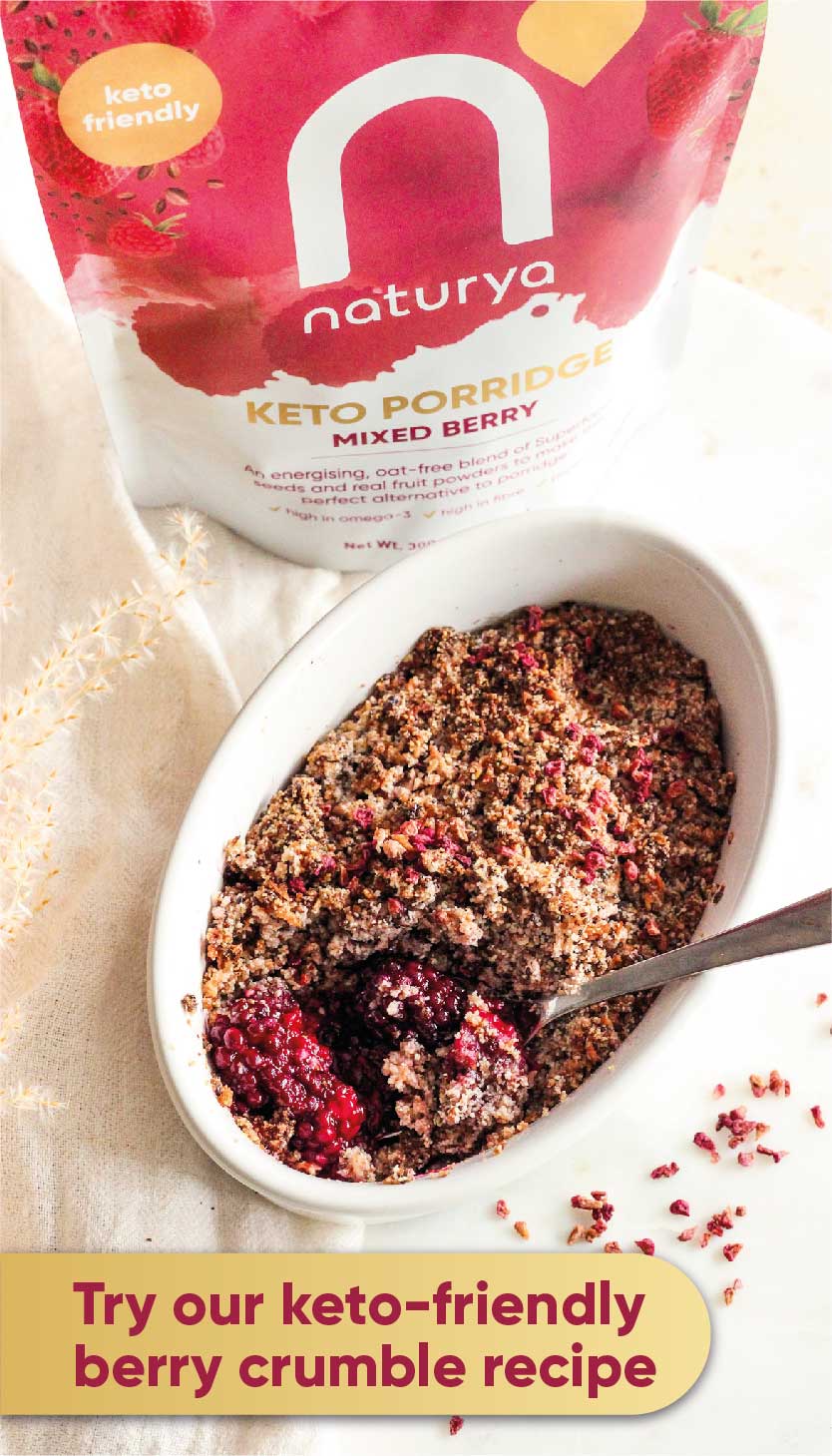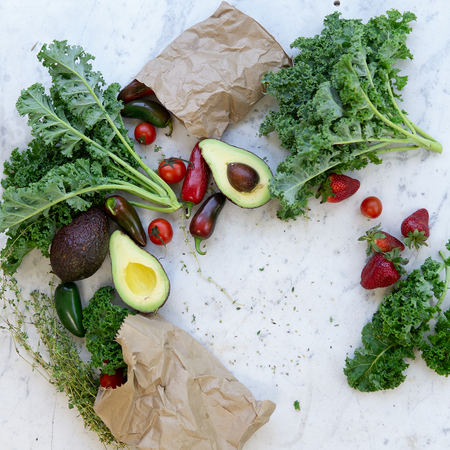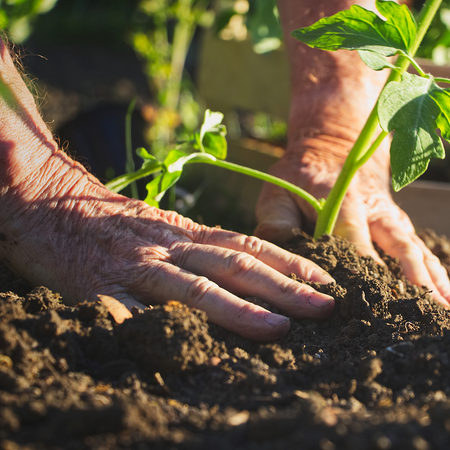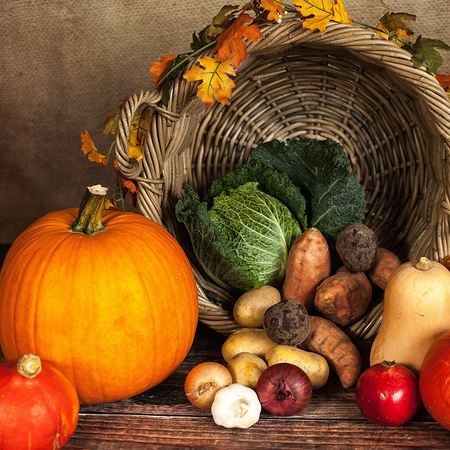Happy Organic September!
Organic September is a campaign run by the Soil Association to encourage more people to try organic and spread awareness on the benefits of organic food and farming practices.
Going organic is good not just for you, but the planet too. Organic farming benefits nature, protects wildlife, helps to preserve the planet and build healthy soils.
Choosing organic can be a springboard for wider change and striving towards a more sustainable way of living. But it isn’t an overnight process. It’s a lifestyle change. There’s not just organic food to consider, but organic clothes and beauty products too.
Want to try going organic but not sure where to start?
Going organic can be incredibly daunting and expensive. To help you go organic this September, we’ve unpacked 10 simple ways you can try.
1. Buy local
Buy organic fresh fruit and vegetables from your local farmer’s market. You can find organic food that is fresher and cheaper than from shopping in your local supermarket. By buying fresh produce directly from a local organic farmer, you are also helping to support local businesses. Or you can buy fresh vegetables from a local organic vegetable box scheme. This way you can enjoy fresh organic produce that is in season.
2. Grow your own (or at least some of your own)
If you have a garden or access to an allotment, try growing some vegetables that are easy to grow like carrots, cucumbers and courgettes using non-GMO-certified seeds and organic soil. Stuck for space? If you don’t have access to outside space, you can always try growing some herbs in a window box. This way, you can grow herbs such as basil, parsley, mint, rosemary and thyme.
3. Buy seasonal
Organic produce is always more expensive out of season. The price of organic food varies significantly in price depending on the time of year and whether the produce is in season. By shopping in season, you can save a lot of money. Or you can be creative and swap out ingredients that are out of season for foods that are in season.
4. Avoid the “Dirty Dozen”
Non-organic fruit and vegetables are overwhelmingly sprayed with pesticides. But unfortunately, thoroughly washing and scrubbing your fruit and vegetables is mostly a waste of time because the residue of pesticides penetrates through the peel into the flesh of fruit and vegetables.
Buying organic can be expensive. If your budget can’t stretch to buying all organic, trying to decide which fruits and vegetables on your weekly shopping list you should buy organic can be daunting and confusing. What’s the best strategy?
Avoid the “Dirty Dozen” which include strawberries, spinach, kale, nectarines, apples, grapes, peaches, cherries, pears, tomatoes, celery and potatoes. Prioritize buying organic versions of these foods that are more susceptible to pesticide exposure.
5. Save money with conventional versions of the “Clean Fifteen”
If going completely organic isn’t an option, fill your fridge with conventional fruits and vegetables that contain lower amounts of pesticides. If you’re on a tight budget, you can buy conventional versions of the “Clean Fifteen” which include avocados, sweetcorn, pineapples, frozen sweet peas, onions, papaya, aubergines, asparagus, kiwi, cabbage, cauliflower, cantaloupe, broccoli, mushrooms and honeydew melons. Foods with a thicker peel, like avocado, are less susceptible and more effective at keeping out the pesticides.
6. Get cooking
Prepare all your own meals from scratch using fresh organic ingredients. By buying fresh produce and cupboard essentials, you know exactly what is going into your food and can choose organic when possible. Plan ahead and decide what you’re going to eat for the week ahead. This will help you decide what you need to put in your shopping trolley, saving time and cutting down on food waste.
7. Wear organic clothing
Agricultural pesticides are widely used on cotton crops. This means that the clothes you wear made from conventionally grown cotton crops often contains residue of leftover pesticides. These pesticides can potentially seep into your body through your skin. That’s why wearing organic cotton clothing is really important, not just for your own health but for the benefits for the environment too.
8. Choose organic beauty products
Use cosmetic products that are made using organically farmed ingredients without the use of GMOs, herbicides and synthetic fertilisers. Beauty products that are certified organic by the Soil Association are also free of animal testing with a transparent manufacturing process. You can trust they will contain sustainably sourced organic ingredients, biodegradable ingredients and contain higher levels of antioxidants. You will be protecting not only your skin from harmful chemicals but also helping to protect the environment.
9. Freeze organic food
When your favourite fresh produce is out of season or too expensive to buy, you can always choose frozen organics. The nutritional content is similar to fresh produce but you can buy frozen food in bulk, saving money. Put what you don’t use back in the freezer for later without worrying about any food waste.
10. Try Naturya superfoods
Naturya products are certified by The Soil Association, the UK’s leading organic certification body. This means that when you’re buying our single-ingredient superfoods, you know that they are: 100% organic, free of GMOs, contain no artificial colours or preservatives, and high quality.
Going organic is good for you and the environment but making loads of changes at once can be overwhelming. Be easy on yourself and take it one step at a time, make small gradual changes to your eating and lifestyle habits. Just making one small change to your lifestyle with one extra organic item can make a difference. It can really help contribute to changing our food and farming practices for the better. More demand for organic food and organic products means more organic farms. which means fewer pesticides, protecting animals, and preserving ecosystems.













